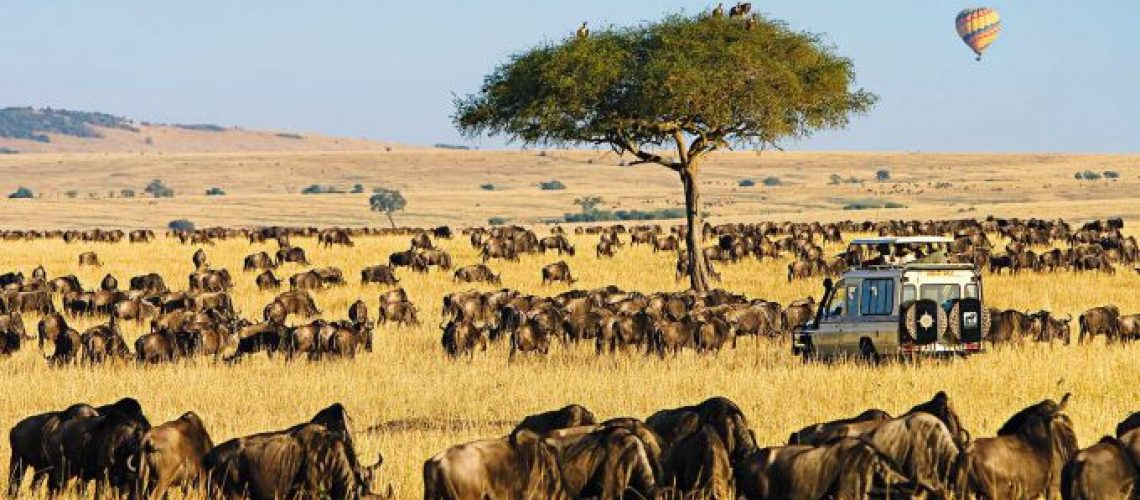If there is one travel experience recommended to everyone as a must-have bucket list escape, it’s going on safari in Africa. It’s an incredible education on wildlife, the importance of conservation, and the role of tourism in economic development in many areas.
Here are some tips for planning an African safari to keep in mind to get the most out of your experience.
Allow Enough Time for Each Camp
Because an African safari is a significant experience, it is normal to want to see as much as possible in a single trip. However, nature is unpredictable, and if you want to increase your chances of seeing anything spectacular, you should spend enough time at each camp to really absorb everything.
Pack with care
There is a common notion that Africa has scorching weather, and while the days may become sweltering in the noon heat, you will be amazed by how much the temperatures decrease overnight. Depending on the environment you are used to, your early morning and sunset game drives might be bitterly cold, so dress warmly.
Accept the Out-of-Office Mentality
If you are going on an African safari, you should plan on being away of the workplace. When you go on safari, you have to let go of that thinking in order to completely appreciate the experience. Some camps are completely Wi-Fi-free, and those that do provide Wi-Fi have such weak connections that attempting to find out how to go online is more stressful than simply embracing being unconnected.
You might also be interested in a Luxury Kruger Park Safari
Budget for Tipping for Guides and Camp Staff
Planning for gratuities is something you should definitely budget for. It is a really hands-on experience with employees being truly vital in crafting your experience, thanks to your personal driver/guide, the camp staff, the teams critical in helping design itineraries, and your day-to-day moments.
You Should Be Aware That Your Experiences Can Be Tailor-Made
This is your vacation, and much of the safari planning may be tailored to your preferences. When you reserve a safari camp, you are reserving more than just a hotel room. It is the ultimate all-inclusive experience, with everything included: game drives, meals, and lodging.
Recognize the distinction between national parks and private reserves
National parks are exactly what their names suggest: they are national, state-run, government parks, which means you will encounter more restrictions and regulations in accordance with their policies. While it varies depending on the nation and the park, it typically entails sticking to the roads (no off-roading) and no night trips. National parks may also be significantly busier because the number of cars is not normally controlled, and self-drive alternatives are permitted.
Luxury Pilanesberg safaris, for example, in private reserves, will function a bit differently and often don’t allow self-drive, so you’ll be led by a guide that knows the area intimately.
Keep Distances in Mind
It might be tempting to attempt to fit a multi-country schedule into two weeks, but keep in mind that driving distances can be extensive and time-consuming, and small flights to tiny airstrips can be expensive. Do not be tricked by what appears to be a small distance on a map. There is topography to consider, and speed restrictions might be ridiculously low, making a little journey take much longer than planned. Luxury Pilanesberg safaris are popular because of it accessibility from Gauteng and OR Tambo Airport. Related
News: Seven reasons why every Mozambican should visit the Kruger National Park

